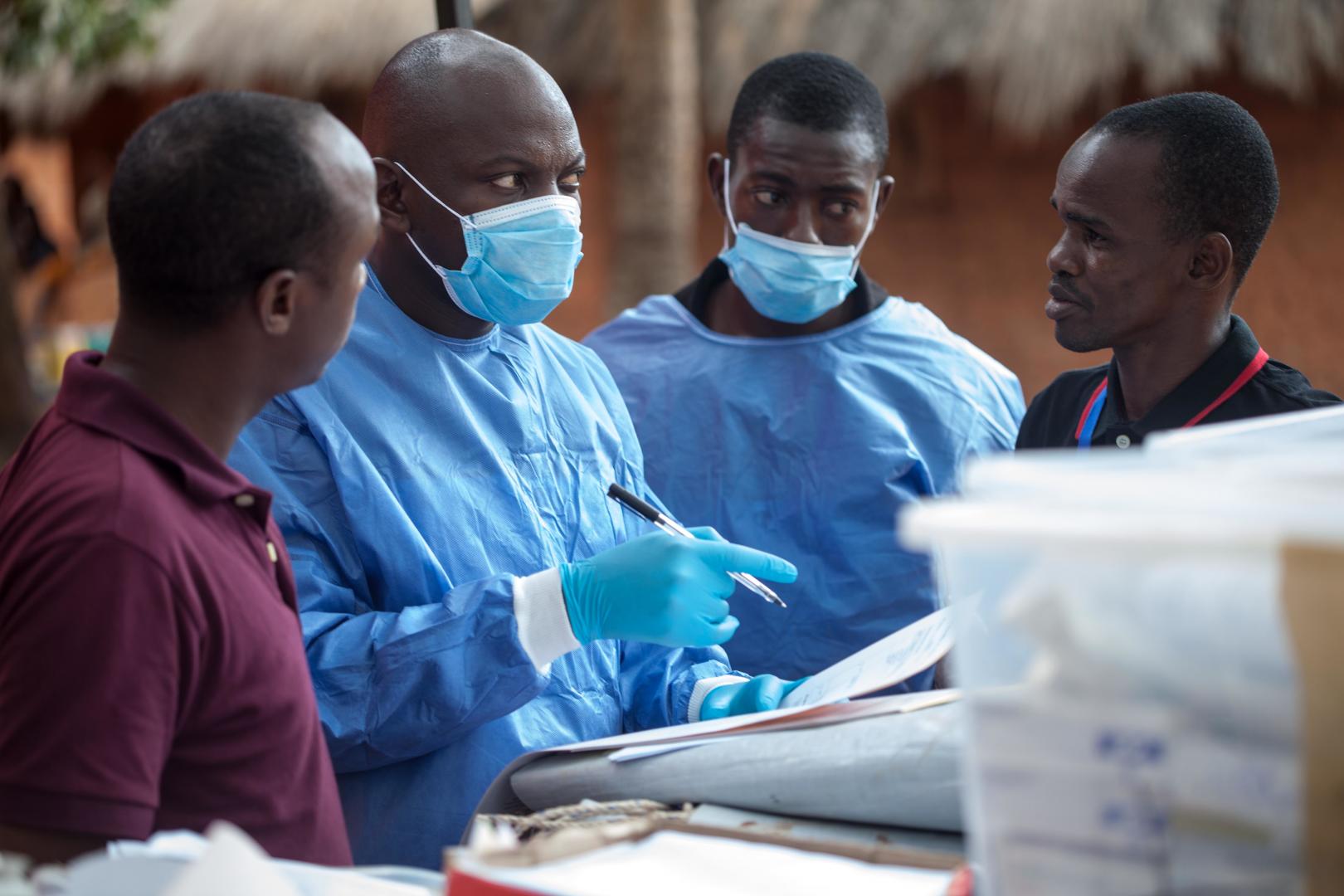
Africa has faced more than 21 public health emergencies since the start of 2025, prompting urgent calls from health ministers to strengthen fragile systems and improve preparedness for future crises.
The World Health Organization (WHO) highlighted these concerns during the 75th session of the Regional Committee for Africa, held from 25 to 27 August in Lusaka, Zambia.
Ministers from across the continent committed to enhancing national capacities to anticipate, respond to, and recover from health threats.
“We can no longer afford to be caught off guard,” said WHO Regional Director for Africa, Mohamed Janabi.
“Every emergency that disrupts health systems must serve as a lesson.”
He added: “We need to build resilient systems that can manage health crises while effectively delivering routine services.”
The meeting comes amid outbreaks of cholera, monkeypox, measles, dengue fever, and polio, all placing immense pressure on already fragile health infrastructure and affecting livelihoods. Since January, cholera has spread in Angola, the Democratic Republic of Congo, and Malawi, while mpox remains active in 15 countries, including Uganda and Sierra Leone, despite coordinated response efforts.
Measles and dengue continue to proliferate in densely populated urban centres, and polio persists in regions with insufficient vaccination coverage.
Ministers emphasised the urgent need for a robust, equitably distributed health workforce.
Plans include expanding recruitment, increasing deployment to rural areas, and investing in ongoing education to ensure health workers can manage both routine care and emergencies. Partnerships with training institutions aim to align curricula with national strategies and emerging security needs.
The committee stressed integrating resilience into service delivery, particularly in conflict-affected regions, while strengthening leadership, coordination, and infrastructure capable of withstanding future crises.
Community engagement was identified as critical for building trust and enhancing responsiveness, with initiatives focusing on early warning systems and grassroots organisation support.
Finally, ministers pledged to mobilise more domestic resources to reduce dependency on international emergency appeals, aiming for a sustainable framework capable of safeguarding African populations against the continent’s growing spectrum of health threats.



